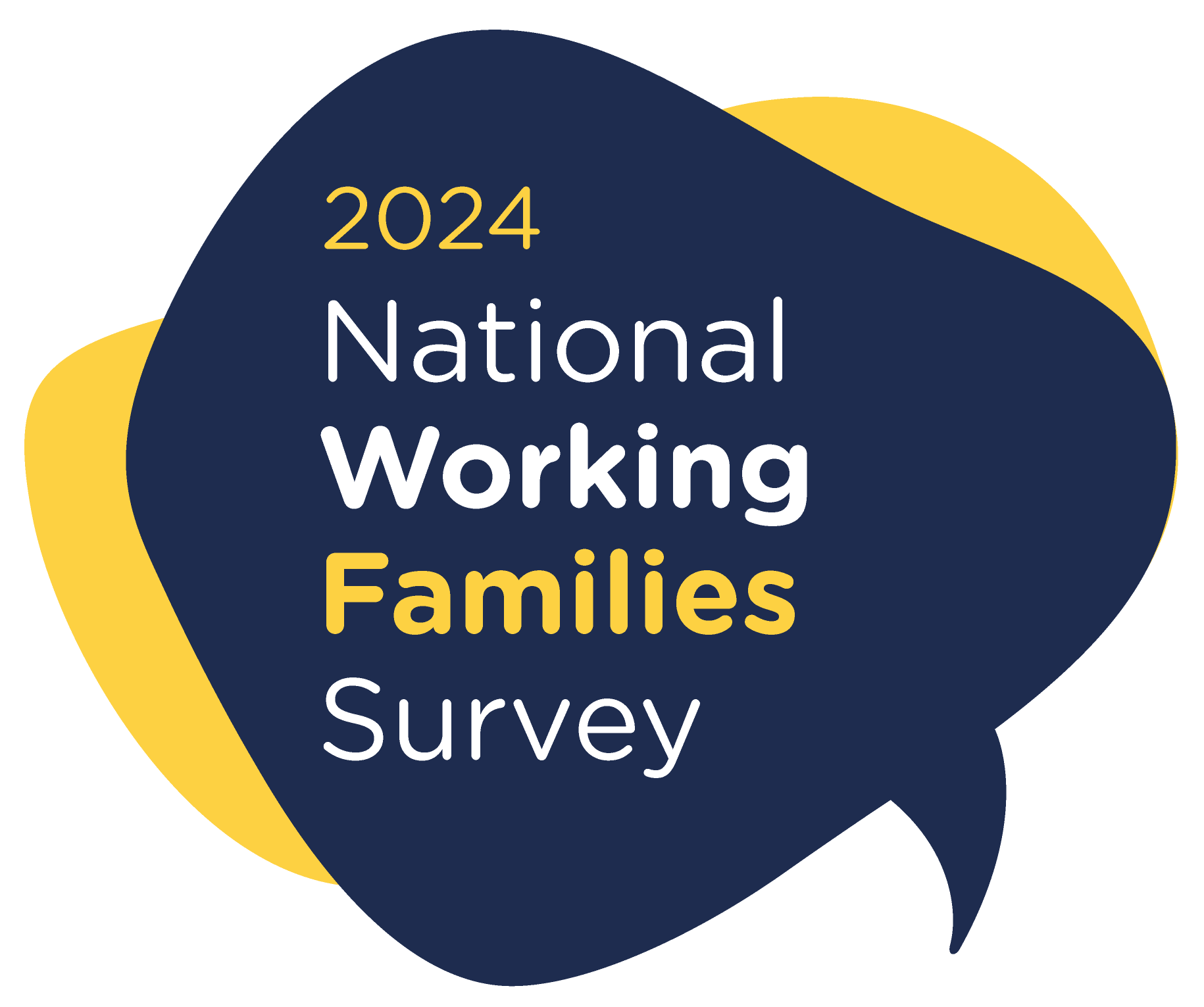Australia has a significant opportunity to modernise how we combine work and care. Now a landmark Senate report provides a roadmap on how to get there.
The roadmap covers a comprehensive list of recommendations, including an overhaul of leave provisions to offer a full year of Paid Parental Leave with “use it or lose it” mechanisms, as well as “right to disconnect” provisions for employees to avoid work disruptions outside of paid hours.
Also addressing care sector pay, universal early childhood education and flexible work, the blueprint moves beyond the idea of providing a “right to work” to instead present “a right to both work and care,” as Greens Senator Barbara Pocock said on releasing the report.
Released in March following a Senate Select Committee on Work and Care, chaired by Senator Pocock who also participated in our Work and Care Summit in November 2022, the blueprint comes as Australia is caught in a work and care crisis that requires immediate attention.
The 33 recommendations presented would significantly improve the lives of those with caring responsibilities, as well as anyone working in the care sector. But they are reforms and ideas that go beyond supporting our stereotypical view of who has “caring responsibilities” to rethinking the very definition of family, and enhancing everyone’s ability to navigate the work/life conflict.
Encouragingly, the best part of the report is that none of the recommendations are beyond our abilities and resources to actually make them happen, if we’re willing to challenge the status quo and address the highly-gendered caregiving bias that holds back progress.
As a long-term advocate for the introduction of gender neutral Paid Parental Leave, enabling care to be split more flexibly between parents is critical to improve gender equality. Such provisions would mark a significant shift in how parenting is shared, and encourage more dads to take leave and spend more quality time with a new child. Providing a full year of leave isn’t pie-in-the-sky thinking. It’s already happening in many parts of the world, with the average OECD country offering more than 52 weeks of leave that can be shared between parents.
The “right to disconnect” idea is also one that’s being explored in other countries, as well as some workplaces in Australia. France has had “right to disconnect” laws in place since 2017, which saw employers negotiating with unions to determine agreements on disconnecting after paid work hours. Much of Europe has since followed, including Spain, Italy and Portugal. In Australia, Queensland’s Griffith University issued its own approach to enabling workers to disconnect back in 2020, by restricting the sending of emails on Friday afternoons to support workers to adjust to remote work. The “right to disconnect” is also a recommendation ACTU secretary Sally McManus says would particularly support workers with caring responsibilities – who are mostly women – so they don’t “fall unfairly behind their colleagues in terms of pay, advancement and promotion.”
The recommendations, which are urged to be viewed as a “holistic” approach for addressing the work and care crisis, include overhauling how we value care. One such way is to provide a published dollar figure on how much unpaid work is contributing to our economy – figures that would put in context just how much work goes into care in this country, and highlight the value of this area.
Also tabled is the suggestion of mandatory reporting of flexible working arrangements and “roster justice” to the Fair Work Commission, for companies with more than 20,000 employees. This would include the mandatory collection of data on requests for flexible working arrangements and roster changes, and determine the proportion of those approved, as well as the length of employment an employee has worked after their request was initially made.
And the report recommends a four-day work week trial be undertaken by the Australian Government, whereby employees reduce their hours to 80 per cent, while retaining 100 per cent of their salary. Such a trial would follow similar such trials that have already occurred internationally, with Australia aiming to measure the impact of the four-day work week not only on productivity, but also health and wellbeing, workplace cultural change, gender equality and the impact on the distribution of unpaid care across genders.
There is a call for the definition of “immediate family”, as currently provided in the Fair Work Act 2009, to be amended to broaden out the purposes that an employee has for accessing carer’s leave. It suggests modernising this definition in a way that could provide a powerful shift in how we think about family and caring responsibilities and enabling carer’s leave provisions to be taken by employers for a much wider range of purposes, such as to support a sibling, and anyone who has been a continuous member of an employee’s household for more than 18 months.
These recommendations are progressive ideas vital to improving work and care outcomes for all. We can’t afford to wait.
As Senator Pocock said on releasing the report: “Australia is an international outlier in terms of our support for workers with caring responsibilities. We have slipped too far behind. And we are paying a price in labour supply, stressed workers, and gender inequality.
“It is time for a new social contract, fit for the 21st Century workforce, that does not put the burden on workers juggling care responsibilities around their jobs.”
In the days prior to the 47th parliament of Australia being elected, we called for government to prioritise developing a progressive National Work + Family Policy Framework that supports the adoption of greater family friendly policies and practices to enable greater female workplace participation, support fathers to lean into caregiving, improve work life wellbeing outcomes for all Australians, including investment in gender equal and flexible paid parental leave. Less than one year on, it’s encouraging to see work and care policy reform getting the airtime it deserves and more organisations willing to get onboard via the Family Friendly Workplaces initiative. It’s time to take action and implement these recommendations.
Written by Emma Walsh, Founder, Family Friendly Workplaces
First published on Women’s Agenda

